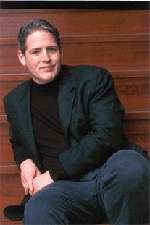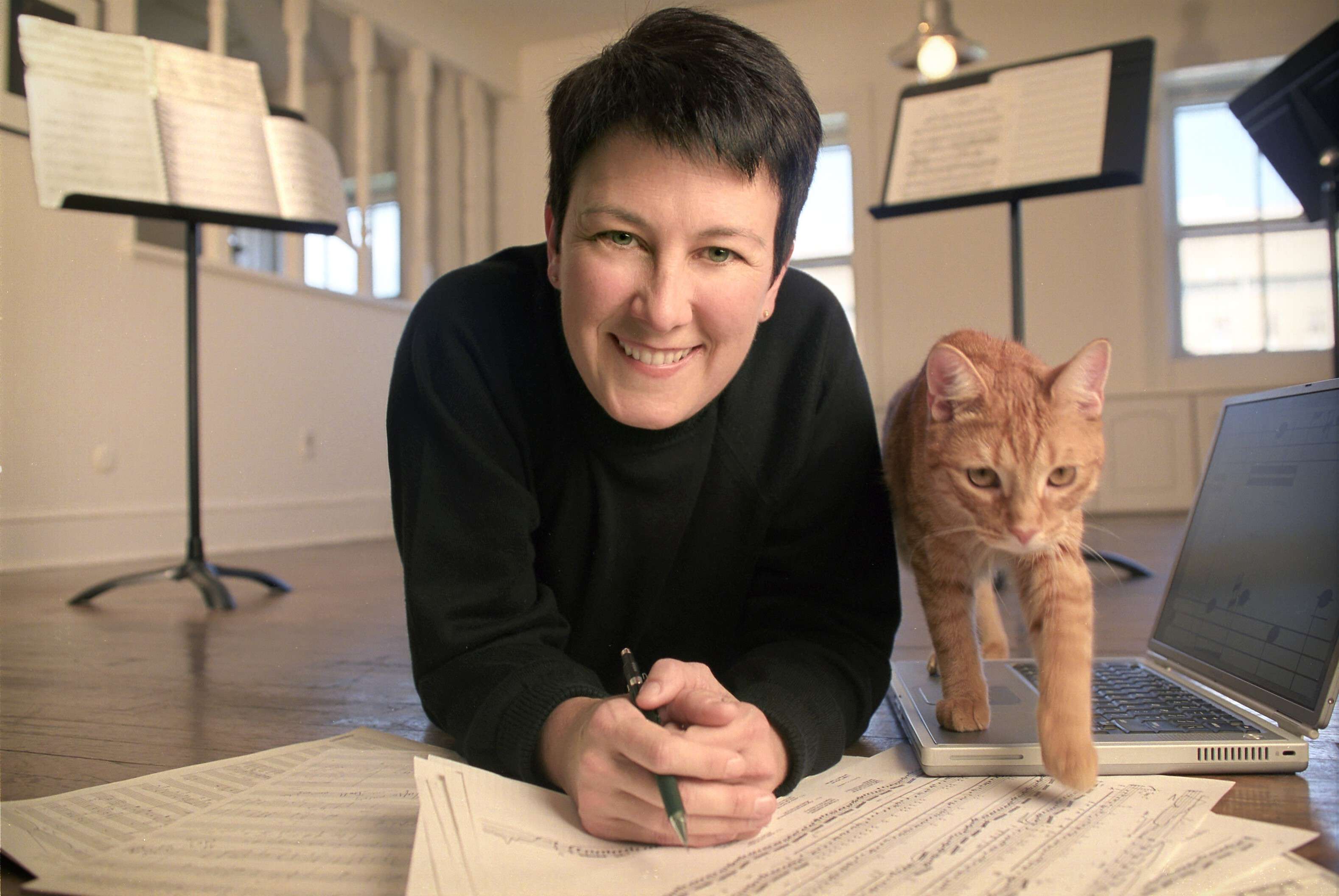|
Back
Two Faces of the Spiritual New York
Isaac Stern Auditorium, Carnegie Hall
12/18/2012 -
Hector Berlioz: L’Enfance du Christ
Jennifer Higdon: O magnum mysterium
Heather Johnson (Mezzo-soprano), William Burden (Tenor), Alan Held (Bass-baritone), Richard Bernstein (Bass)
New York Choral Society, David Hayes (Music Director/Conductor)

D. Hayes (© Courtesy of the artist)
I doubt if any composer faces Berlioz’ “sacred trilogy”, L’Enfance du Christ with great enthusiasm. The piece has moments of the purest beauty, the second part is magnificent, and the relatively small orchestral forces can paint a good picture.
But these are moments–precious gems, to be sure–in a piece which never hangs together, where the story is told in short barely connected snapshots by a narrator, where the soloists are almost incidental, and those rousing Berliozian moments are lacking. Not that he should have written rousing Troyens marches music or Fantastique execution music for such a sensitive piece. But presenting a work which would be more appropriate for a church fresco may not be an automatic crowd-pleaser. (I believe Berlioz himself compared it to medieval illuminated manuscripts.)
It must have been equally a challenge to the composer, hardly a religious man. In fact, this was a secular story of the first month (or days or weeks) of the Holy Child. (The more appropriate title would have been “The Infancy of Jesus” not the Greek work for Messiah, Christus.) Herod could be a modern paranoid/serial killer. Joseph and Mary proud parents, the Ishamaelite who gives them refuge is a friendly family man who show the Holy Family how well his kids play the flute and harp. (Not very well, this being the least inspired piece.)
Only in the last bars does Berlioz abruptly prophecy Jesus coming to save mankind. And even that seems thrown in, after a series of scenes barely speaking of divinity.
Yet I have always loved this so understated work, especially the magnificent second part, with its fugal orchestral introduction, and “Shepherds’ Farewell”. In its entirety, it has a soothing, even meditative effect. A good conductor can extract Berlioz’ inspirations and make them glow. But only an extraordinary conductor can breathe life into the entire conception.
David Hayes, while known more in Philadelphia then New York, is a very good conductor, and now, as newly appointed Music Director of the New York Choral Society, he will be more visible here. His worldwide experience, though, allowed him to present a gentle and often moving oratorio.
That gentility, though, had its drawbacks. The very center of the work is the narrator, and tenor William Burden not only has a commanding voice, but his French was clear and mellifluous. Yet, missing was the passion (especially in the prophetic revelations of the epilogue). And while I have often been impressed by Heather Johnson, her “Mary”, while sung with decency and commitment, lacked anything even approaching that sweetness, that beatific maternal glow, for which Berlioz wrote so well.
Herod’s mania and Joseph’s (sometime) ineptitude were both effective enough through the voices of Richard Bernstein and Alan Held. There were even some near comic moments as Joseph kept knocking at various doors (like an old joke, one Roman, one Egyptian, one Ishmaelite) for refuge.
Both the orchestra and chorus of the New York Choral Society were excellent products of Mr. Hayes’ understated performance (though the entrance of trombones was always welcome to liven things up). To balance gentleness, inspiration and spirituality in one product is tricky, but Mr. Hayes was quite adept in all three.

J. Higdon, Beau (© Candace DiCarlo)
No reservations whatsoever for the short choral piece that started the evening, Jennifer Higdon’s emotional, lyrically powerful O magnum mysterium. Mr. Hayes premiered the piece several years ago in Philadelphia, and with ease and delight, he turned the large chorus and the tiny gem of an “orchestra”–two flutes and two tuned crystal class and chimes–into a powerful, personal and exceptionally moving statement.
Harry Rolnick
|